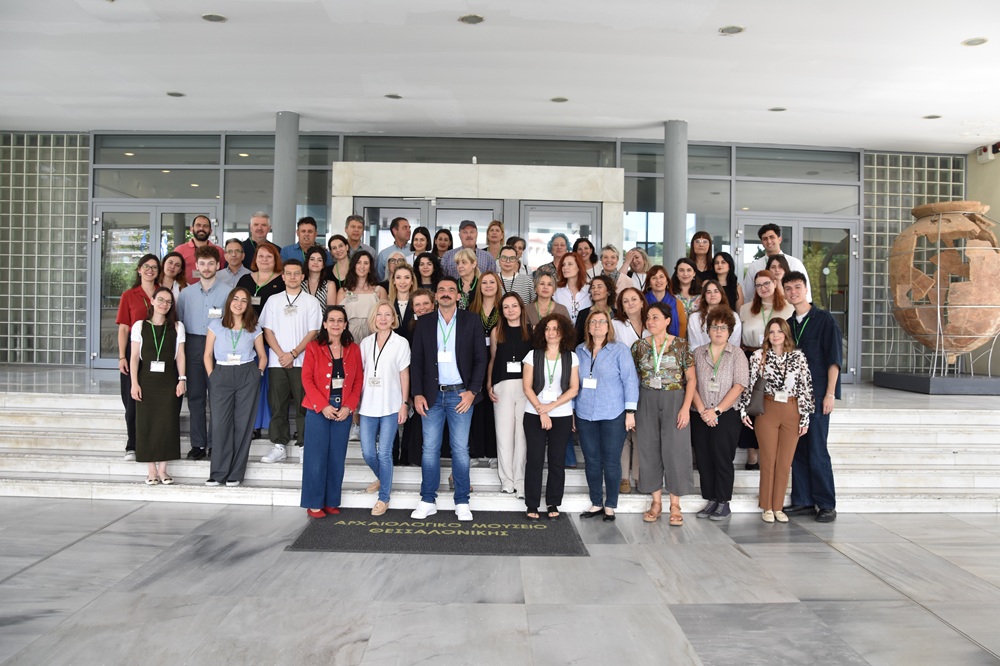
With an open call to the community, the Archaeological Museum of Thessaloniki (AMTH) inaugurated a new era in its strategic planning, hosting on Wednesday 28 May 2025 an all-day, open process of participatory workshops, in order to shape the new Operational Plan of the Museum for the coming years.
Dialogue Day at AMTH
The event brought together dozens of stakeholders, cultural professionals, representatives of civil society and active citizens, who were invited to share their experiences, needs and proposals. In an environment of reciprocity, dialogue and co-creation, the participants enthusiastically highlighted the role of the museum as a community institution, custodian of cultural memory and bearer of contemporary social values.
The MUSEUM Methodology (21) of the cultural production and management company MENTOR
The MUSEUM methodology (21) was designed by the cultural production and management company MENTOR, as a model framework for participatory strategic planning for museums. It is based on the thematic axes of Agenda 21 for Culture and focuses on strengthening cultural participation, democratic governance, environmental and social sustainability, as well as cultural literacy and rights. MENTOR took on the coordination of the participatory workshops as part of the overall process of implementing the methodology at the Archaeological Museum of Thessaloniki. For the first time, MUSEUM (21) is being implemented in a Greek museum, offering an innovative framework focusing on people, society and the common good of culture.
Towards a Museum – Model of Cultural Governance
The conclusions of the workshops will form the backbone of the new Business Plan of the AMTH, which aspires to make the Museum a model of cultural governance and strategic development at national and European level. The AMTH is attempting to shape a new way of operating, where the community is not a mere recipient, but a participant and co-creator.
Cultural Sponsorship of the Ministry of Culture – A Public-Private Alliance
The elaboration of the business plan of the Archaeological Museum of Thessaloniki is developed within the framework of the Cultural Sponsorship of the Ministry of Culture, through a cultural sponsorship contract signed between the Archaeological Museum of Thessaloniki and the cultural management and production company MENTOR.
Νext Steps
The process continues with the analysis of the data and the formulation of the final Business Plan, which will be submitted for approval and implementation. The AMTH would like to thank all those who participated and contributed with their ideas and expertise. This collective process is the basis for a new way of thinking, where museums function as nuclei of social cohesion, creativity and public policy.
Statement by the Director General of the Archaeological Museum of Thessaloniki, Dr. Anastasia Gadolou: “The Archaeological Museum of Thessaloniki opens its doors to new processes of thinking and co-design. The participatory shaping of our Business Plan is a decisive step towards a museum that is more open, inclusive and strategically aligned with the needs of society. We want the museum to be a place of encounter, exchange and cultural conversation – a living cell of our city and our time. This initiative is fully in line with the Ministry of Culture’s national strategy for extroversion, social sustainability and strengthening the public cultural role of museums.”
Statement by the Founder and CEO of the cultural production and management company MENTOR, Panos Giokas: “The MUSEUM (21) methodology was born out of the need to redefine the role of museums in contemporary society. In AMTH we found an institution ready to dare, listen and create collectively. Participatory workshops are not a mere consultative practice – they are the architecture of a new cultural governance, marking an essential shift: from monological planning “for” society, to collective co-design “with” society. The experience of this day has been for us a rare moment of cultural tension and meaningful co-existence; an experience where the time of the institution intersected with the time of the community, giving birth to a field of authentic exchange of meanings and collective responsibility, an example of how the museum can act as a field of care, trust and co-responsibility towards our common future”.

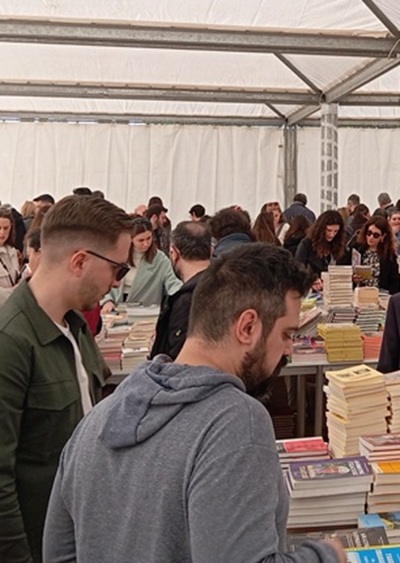
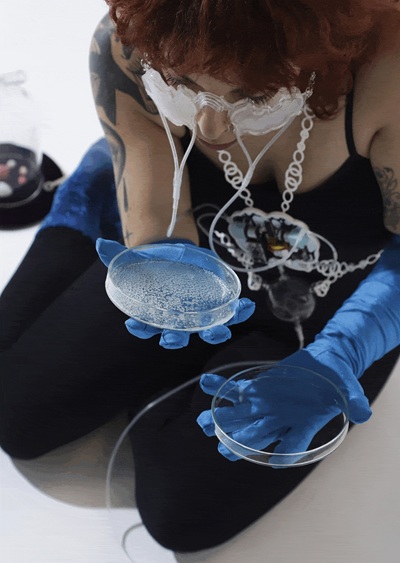
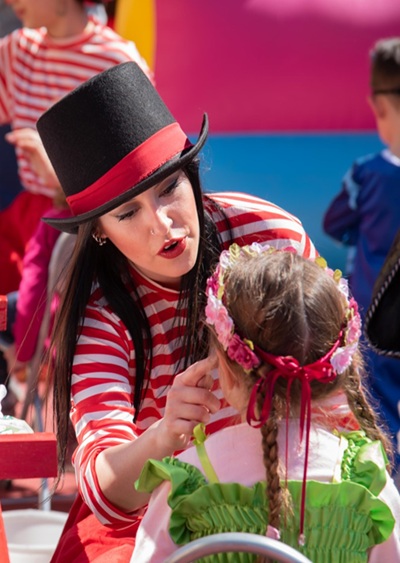
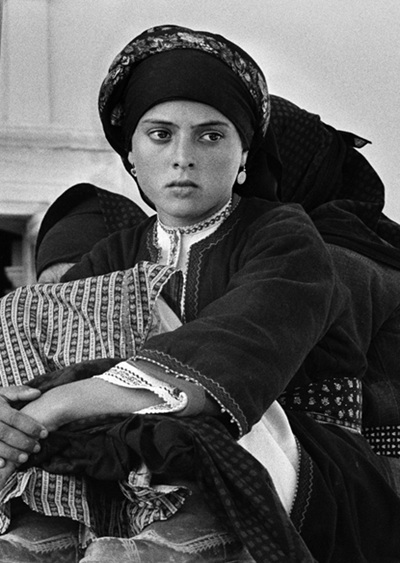


Leave A Comment